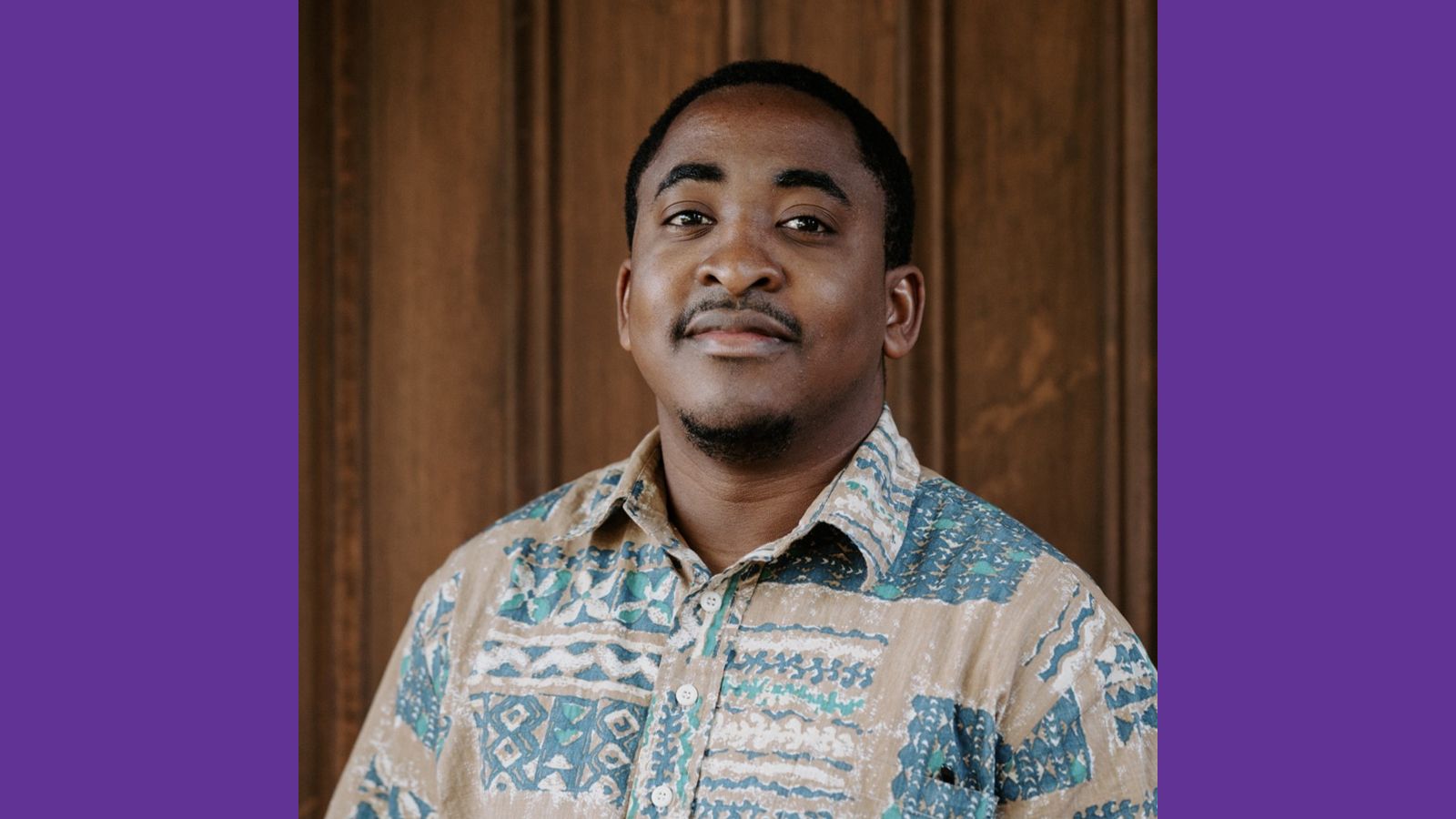A Hunter College faculty member was named a CUNY Black, Race, and Ethnic Studies Fellow for this academic year.
Alex Moulton, an assistant professor of Geography and Earth and Environmental Sciences, was among 35 such faculty fellows picked from 14 campuses across the university.
His project, “Examining Black Mourning Matters: Dignity, Remembering, and Sacred Geographies,” will look at Black funerary practices to shed light on notions of dignity, remembrance, and caring in Black communities. The project will interview Black ministers and funeral directors and analyze material from two digital archives of African American funerals.
“I am excited to receive support from BRES Initiative,” Moulton said. “Support of this kind helps to advance work like mine that is concerned with telling new stories about Black life and livingness. With this project, I am turning my attention to the Black body, but refusing an approach that is fixated on injury, harm, violence, and death. Instead, I am trying to model an ethical practice for studying the Black body, doing so by looking at the relations of care, mourning, and memory in which it is enmeshed.”
The Graduate Center said it was honored to offer the BRES Fellowships to empower distinguished and diverse faculty and doctoral students to explore issues of race, identity, and social justice. “Their scholarship will enrich CUNY classrooms and resonate far beyond. We are deeply grateful to the chancellor for the generous support of this initiative, which positions CUNY at the forefront of research that advances equity and humanity,” said Joshua C. Brumberg, president of the CUNY Graduate Center.
This year’s BRES fellows bring various backgrounds, interests, and expertise to their projects. The faculty fellows represent 16 disciplines and 14 CUNY campuses, including four community colleges.
“Their research exemplifies the promise of multidisciplinary inquiry,” said Professor Van Tran, faculty co-director of the BRES Collaboration Hub. “The funded projects proposed important and timely research, adopting sophisticated and innovative methodological approaches. From Indigenous history and Black activism to environmental justice and language access policies, these scholars are advancing scientific knowledge while also engaging our students and community partners in the research process.”


